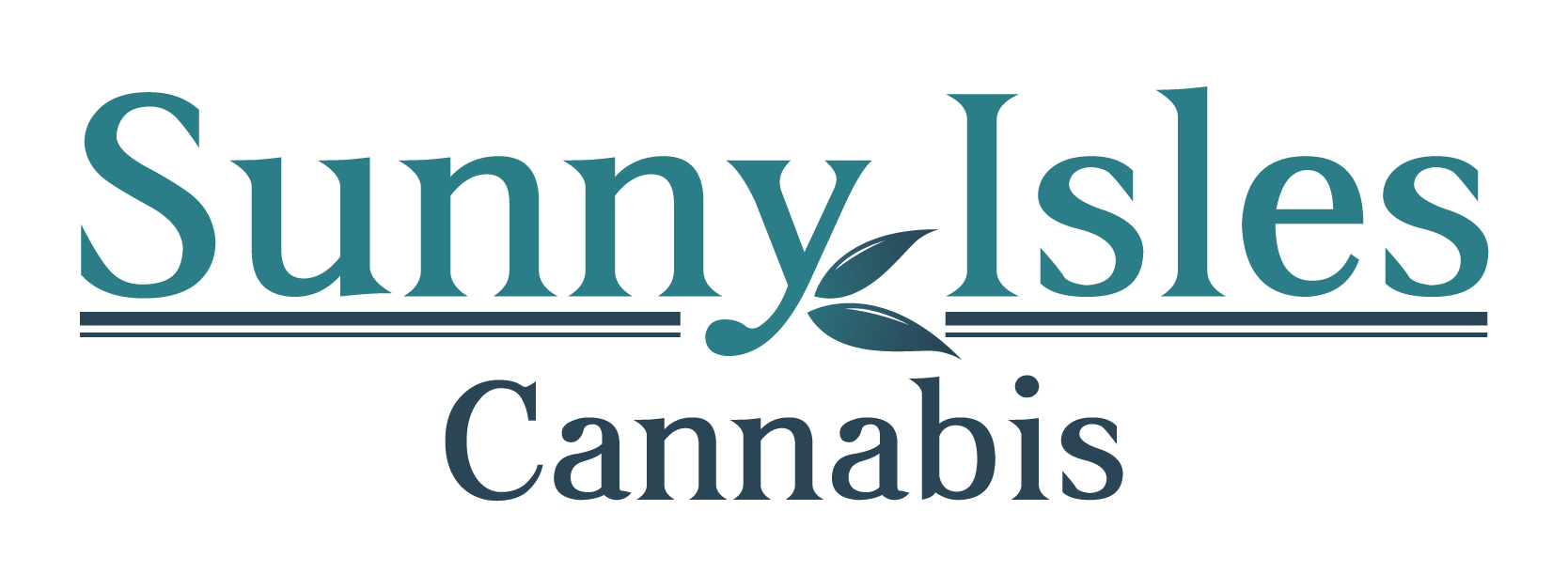

News
The 2024 Copa America Championship and Lionel Messi’s Impact on Miami, Florida
The 2024 Copa America Championship, hosted in Miami, Florida, is set to be a monumental event, bringing together top football teams from across the Americas.
Stay Connected
Have Questions? Don’t hesitate to reach out!
Blogs
Latest Blogs & News
-
Verano Holdings is a major Multi-State Operator (MSO) in the cannabis industry, with a significant presence in multiple states across the U.S. Verano is known….
-
Ayr Wellness, a prominent Multi-State Operator (MSO) in the U.S. cannabis industry, has been making waves in Florida’s medical cannabis market. Since its entry into….
-
The 2024 Copa America Championship, hosted in Miami, Florida, is set to be a monumental event, bringing together top football teams from across the Americas…..


